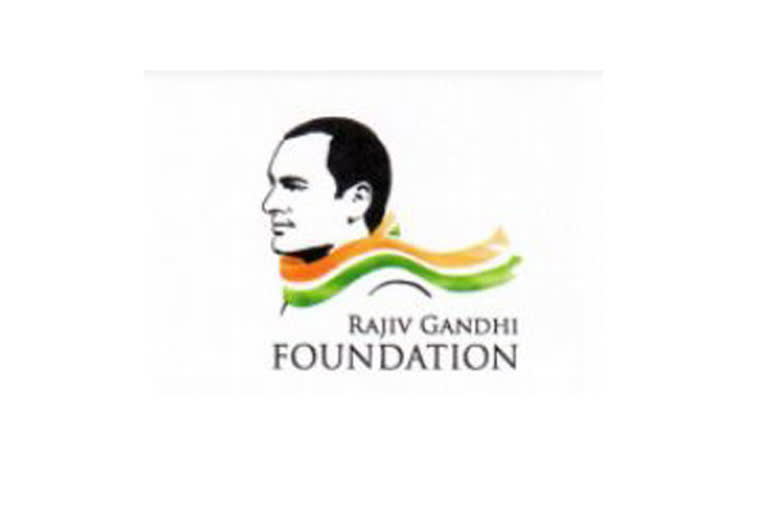New Delhi: A startling revelation has come to light that the government of the People's Republic of China and the Chinese Embassy in India have been funding the Rajiv Gandhi Foundation (RGF) led by Congress President Sonia Gandhi.
Sonia Gandhi is the Chairperson of RGF, and its board includes former Prime Minister Manmohan Singh, former Congress President Rahul Gandhi, former Finance Minister P. Chidambaram and Congress General Secretary Priyanka Gandhi, among others.
According to an RGF annual report accessed by media, in 2005-06, the Rajiv Gandhi Foundation received a donation from the government of People's Republic of China and the Chinese Embassy as two separate donors. These were listed as donors in the report in the list of general donors.
When contacted, former Finance Minister and RGF Board member P. Chidambaram told media, "You should put this question to the Chief Executive."
According to some estimates, the donation was to the tune of $2 million between 2004 and 2006 and $9 million between 2006 and 2013.
Now, leap forward to 2009. The Rajiv Gandhi Institute for Contemporary Studies (RGICS) functions as a think-tank which carries extensive and relevant research on contemporary issues.
As per the RGF annual report, in April 2009, RGICS Fellow Mohammad Saqib carried out a feasibility study, 'India-China: Free Trade Agreement (FTA)', in association with Purnachandra Rao.
The main objective of the study was to gain a better understanding of an FTA between India and China, analyse various trade issues and identify who would stand to gain and lose from such an agreement. The report concluded that China would be the greater beneficiary in all trade dimensions because of the efficiency of its economy.
"There is a principal need for India to improve its commodity structure to balance its performance of competitiveness and complementarities," the study said.
The authors suggested that India needed, at the minimum, to diversify its products. The study concluded that "there are always losers and gainers in the regional and free trade agreements. India and China can balance the gains and losses through an FTA".
"Therefore both governments should decide to enter into FTA negotiations. The proposed FTA between India and China will be feasible, desirable and mutually beneficial. An FTA between India and China should also be comprehensive, with a free flow of goods, services, investments and capital," said the study advocating an FTA between India and China, which will be beneficial to both the countries.
In June 2010, another similar study was conducted. RGICS researchers undertook a feasibility study on India-China trade sector ties through a possible FTA.
